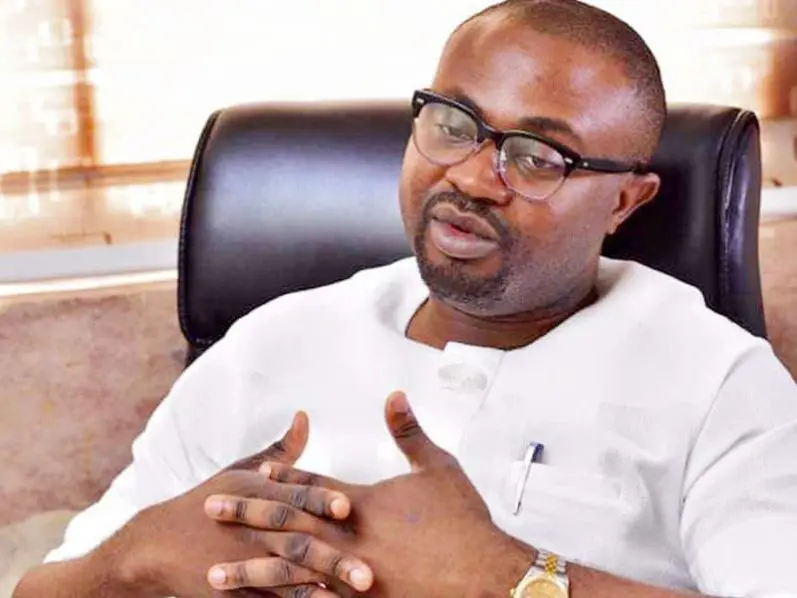Akinwunmi Adesina, President of the African Development Bank (AfDB), expressed concern about the increasing poverty levels in Nigeria.
He made these remarks in Abuja during the 90th birthday lecture of former head of state, Yakubu Gowon.
Adesina emphasized that tackling poverty is crucial for Nigeria to emerge as a global leader and take the lead in Africa.
He cited 2022 data from the National Bureau of Statistics (NBS), which estimated that 63% of Nigerians—over 133 million people—are living in multidimensional poverty.
He also pointed out that more than half of the population relies on charcoal and wood for cooking instead of clean energy.
Additionally, he highlighted widespread deprivation in areas such as sanitation, healthcare, food security, and housing.
Adesina highlighted the severe poverty in rural areas, where millions have been neglected, with the situation being especially dire in northern Nigeria.
He noted that 65% of the poor, around 86 million people, live in the North, while 35%, nearly 47 million, reside in the South.
He linked the rising poverty levels to increasing crime rates and a decline in living standards across the country.
Adesina added that the widespread suffering and abandonment are causing communities to lose hope, as economic activity declines, and the criminal economy overtakes the real economy in Nigeria.
He believes there is a solution to the crisis. He called for urgent and comprehensive action to restore security, law, and order to safeguard lives, property, and farmlands, and to bring stability and normalcy back to affected areas.
He stressed the need to prioritize education, healthcare, social protection, and youth employment programs as part of the recovery efforts.
Nigeria’s food inflation, nearing 40%, has made basic necessities unaffordable for millions, with insecurity in key food-producing regions driving up prices.
Adesina urged the government to address this issue, calling for decisive and sustained efforts to combat insecurity, particularly in the food belts of the North West, North East, and Middle Belt.
He advocated for the use of digital surveillance tools, drones, artificial intelligence, and satellite imagery to enhance intelligence gathering.
He also suggested creating farm production protection guards and safe food transport corridors, emphasizing that a more secure Nigeria will lead to greater food security.
Adesina mentioned that the AfDB and its partners are investing over $840 million in developing special agro-industrial processing zones across eight states in Nigeria.
These zones, he explained, will enable Nigeria to process and add value to its agricultural products, creating essential platforms for the country to compete in global agricultural value chains.




